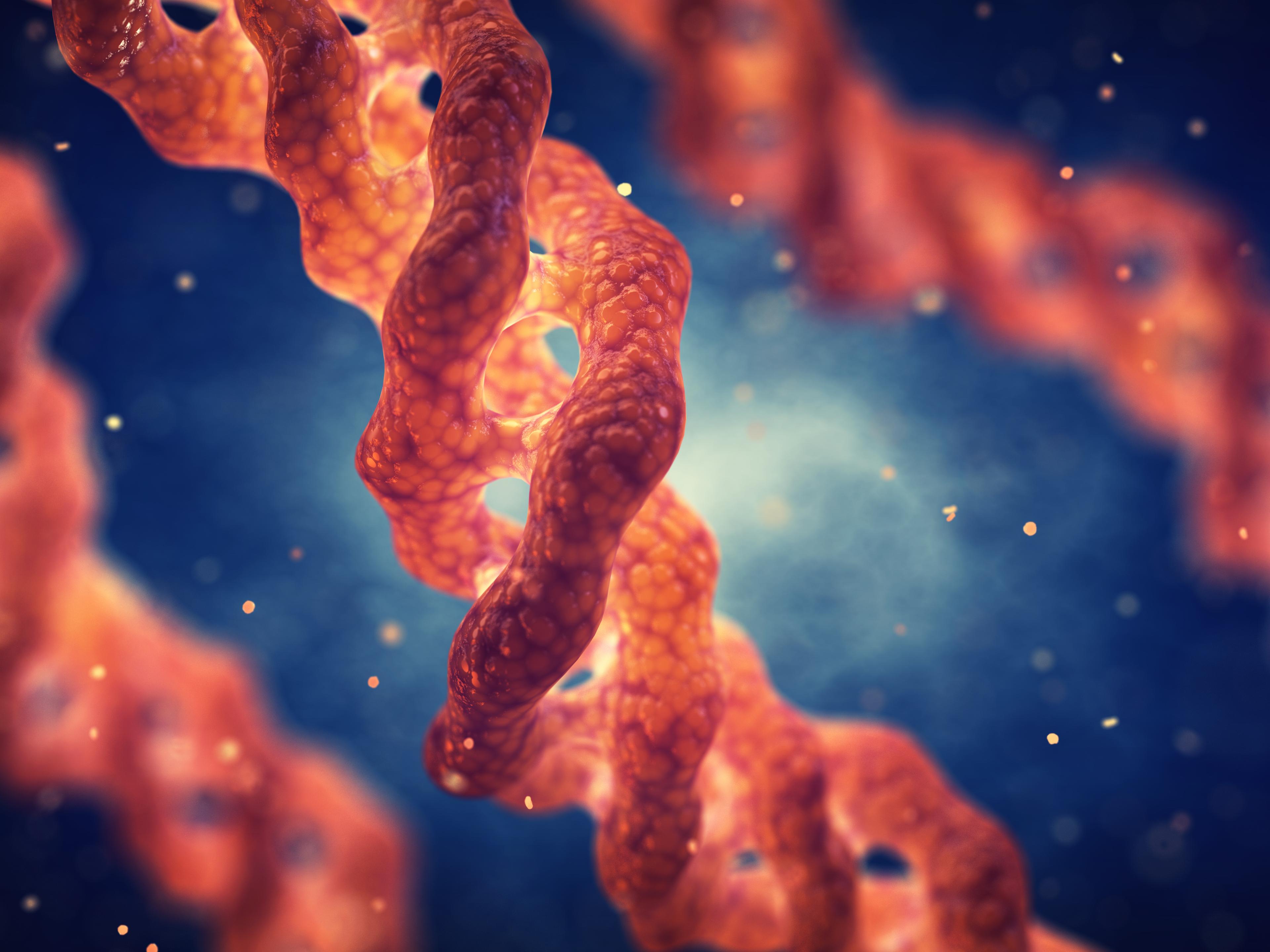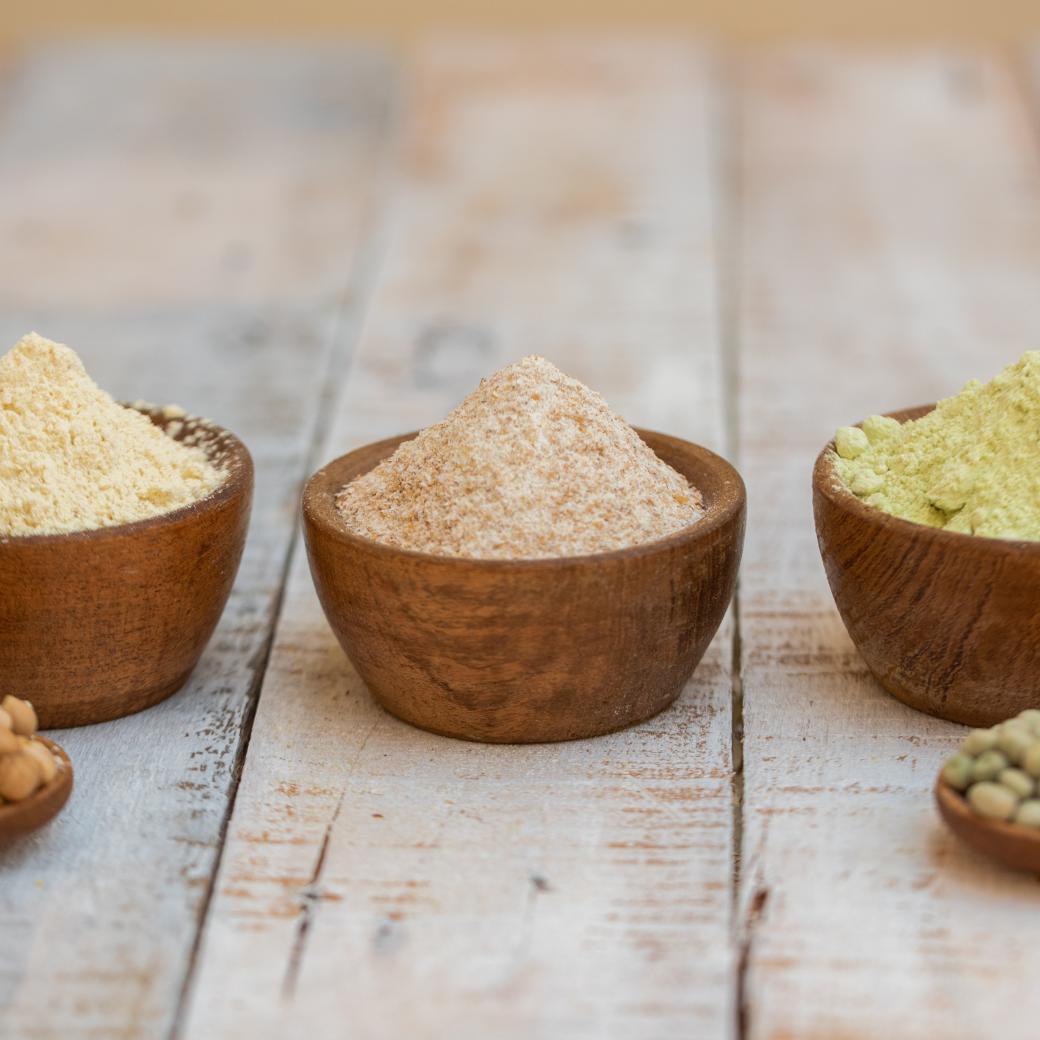ProFibFun

Adapting the functionality of food proteins through rational design of fibrillar structures
Why this project?
Proteins play an important role in forming the right texture, flavour and attractiveness of many types f food, such as bread, pastries, jam and sauces. Many types of animal protein, eggs for example, have good properties for making froths, emulsions and gels. However, because of the growing demand for high-quality sustainable food systems, better insight into the behaviour of these food ingredients could expedite (partially) replacing them with a sustainable source such as, for example, from vegetables The structure of these proteins is extremely important in determining their functionality. Some proteins can take on the structural form of amyloid fibrils, but there is currently still little known about the formation and functionality of these amyloid fibrils.
Research approach
Profibfun is a collective, fundamental research project (type SBO) that researches how proteins in a food matrix form so-called amyloid fibrils. How these protein structures look, how and under what circumstances they are formed, why they behave as they do in various food systems and how their functionality may be able to be simulated will be examined. Also, what the impact of these structures is on human health.
More specifically, this project focuses on:
- The design of functional protein fibrils deriving from egg and grain proteins. The impact of process conditions on the formation of amyloid fibrils will also be examined. There will be extra focus on identifying core areas in the amyloid fibrils and their aggregation. This knowledge will form the basis for successfully steering fibril formation in proteins.
- Evaluating the techno-functional properties of fibril protein aggregates.
- Researching the formation, presence and importance of amyloid fibrils in food systems. To research this, increasing the complexity of model systems by adding other food constituents or using mixtures of proteins from various sources.
- Researching the digestibility, absorption and bioactivity of amyloid fibrils from food via 'in vitro' systems.
Target group and expected results
Profibfun will create a knowledge platform that will make it possible to develop fibril protein aggregates with functional properties that will improve the quality and/or processing of foodstuffs while simultaneously having a neutral or positive impact on human health. Technologies may also be developed that improve the functional properties of proteins, that could help transition to more plant-based alternative protein sources and reduce the amount of animal proteins in food systems by (partially) replacing them with proteins from other sources.
The project is geared towards food companies and ingredient suppliers that are interested in the functionality of protein structures.
Project partners
This project brings a multidisciplinary research consortium together with supplementary expertise from KU Leuven and Ghent University, under the supervision of Prof. Jan Delcour (project coordinator), Prof. Joost Schymkowitz, Prof. Frederic Rousseau, Dr. Sebastien Carpentier, Prof. Paul Van der Meeren, Prof. Paula Moldenaers and Prof. John Van Camp. The responsible valorisation managers are Dr. Kristof Brijs (LFORCE) and Dr. Sofie Verdoodt (Food2Know).
Articles

Sustainable animal feed from sweetcorn cobs: meet Trotec






